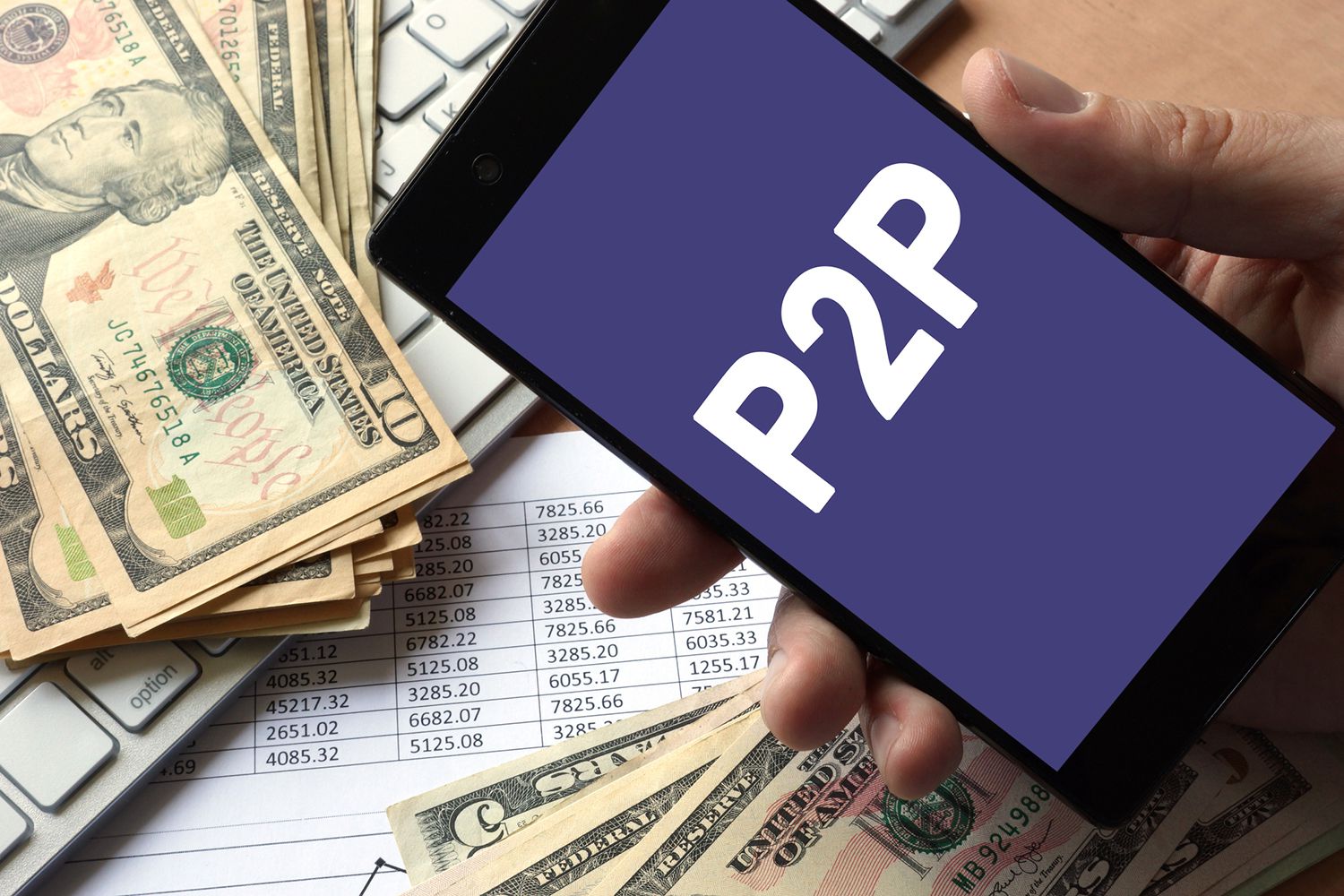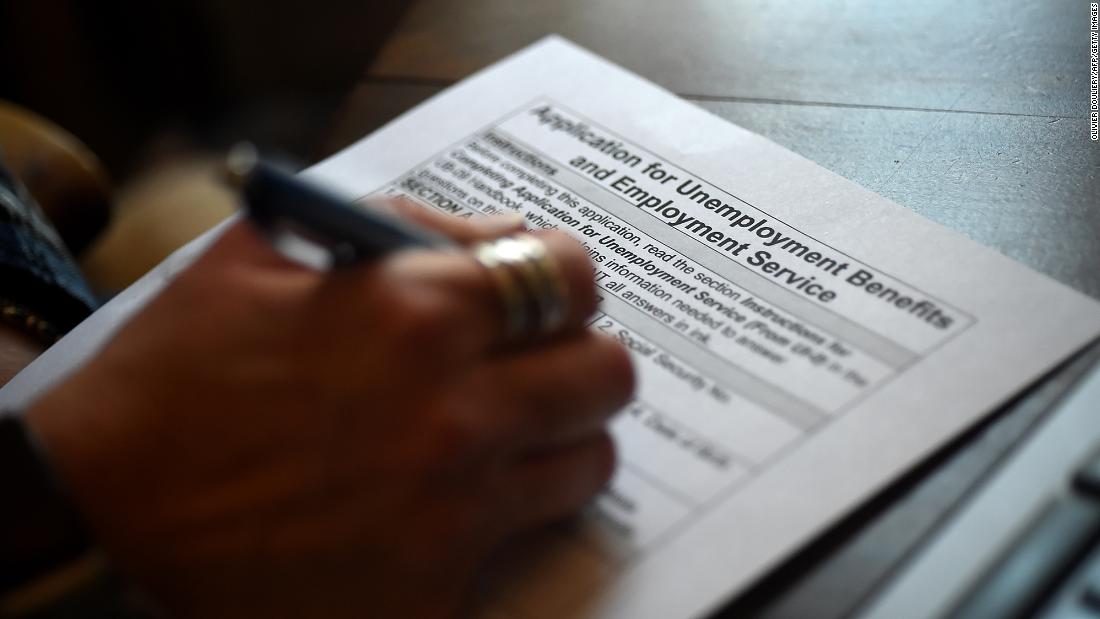The economy extended by 6.5 percent in the second quarter of the year, a more vulnerable than-anticipated execution that highlights the powers delaying development as the U.S. battles to recuperate from the devastating Covid-19 pandemic.
While the figure announced by the public authority Thursday came in well underneath Wall Street gauges of 8.5 percent or better, the country’s GDP has now recovered all the ground lost during last year’s business closures, giving President Joe Biden a major lift in his endeavors to change the economy.
In any case, the April-June extension – which reflected the lower-than-anticipated occupation creation numbers as of late – could be the high point for Biden, whose administration is riding on a powerful monetary bounce back.
A few financial specialists have effectively started to move back on estimates for the remainder of this current year and 2022 as the Delta Covid variation floods, expansion spikes, store network issues endure and businesses whine about a critical absence of accessible laborers. Indeed, even the monstrous spending plans that Biden is attempting to push through Congress, including a potential bipartisan foundation bargain, wouldn’t give a transient shock to the economy heading into the 2022 political race year.
The White House is acutely mindful that both the economy’s future and the president’s political fortunes rely upon staying away from any critical breaking faith on Covid that prompts new lockdowns.
“We’ve known since this thing started going around the globe in late 2019 that the most important thing was getting Covid fully under control,” said a person familiar with White House thinking on the economy. “If you don’t, you risk further mutations and going back to square one. It’s everything. It’s the whole ballgame.”
Customers, who developed reserve funds during the lockdown helped by liberal bureaucratic upgrade benefits incorporating $1,400 in direct installments from the public authority, fueled the economy forward in the course of the most recent three months with spending bouncing 11.8 percent. Business analysts still for the most part figure solid development for the remainder of this current year and a strong 2022 as more areas return and the work market keeps on recuperating from the 22 million positions cleared out by the pandemic.
Biden and legislative Democrats can probably refer to a 2021 development pace of around 7%, the most noteworthy since Ronald Reagan’s initial term and a sharp snap back from the 3.5 percent constriction in 2020.
A few market analysts regardless are checking their figures, partially due to the vulnerability made by the infection and the re-visitation of veil commands in problem areas around the country. And keeping in mind that the unprecedented monetary help given by the Federal Reserve has swelled resource costs and enhanced financial backers, it has conveyed restricted advantages for the remainder of the economy.
“Rising risks around the Delta variant are likely to push full reopening of the economy into 2022,” said Joseph Brusuelas, chief economist at consulting firm RSM, which advises middle-market companies. “We as economists prematurely declared victory over the pandemic and we are not there yet. And it’s likely to be sometime into next year when we possibly reach that point.”
As of late a long time back, financial specialists by and large saw Covid as blurring in the U.S. also, anticipated that most activities should get back to something looking like ordinary by this fall. Yet, the ascent of the Delta variation in various states and the danger of additional transformations that could avoid existing antibodies have changed those perspectives.
Political contentions are likewise holding up traffic of a full recuperation.
“We are seeing a tremendous misallocation of resources across the economy right now that can do long-term damage,” said Richard Bernstein, founder of Richard Bernstein Advisors. “We are fighting over a relatively limited infrastructure package and whether people should be vaccinated at the same time that you’ve got billionaires flying off into space. It’s pretty bizarre and it’s not sustainable.”
White House authorities say that while they are worried about the Delta variation, swelling and work market issues, they stay sure about the general bearing of the economy.
“We now have tools that we did not have before to address the new variant both in terms of health and economic effects,” said David Kamin, deputy director of the White House National Economic Council.
Kamin added that the “pandemic joined with inventory network bottlenecks have made some genuine difficulties. However, we are clearly centered around doing all that we can to determine them while making ventures to address long-standing shortcomings in the economy.”
Disclaimer: The views, suggestions, and opinions expressed here are the sole responsibility of the experts. No Economy Prime journalist was involved in the writing and production of this article.



